Premium Only Content
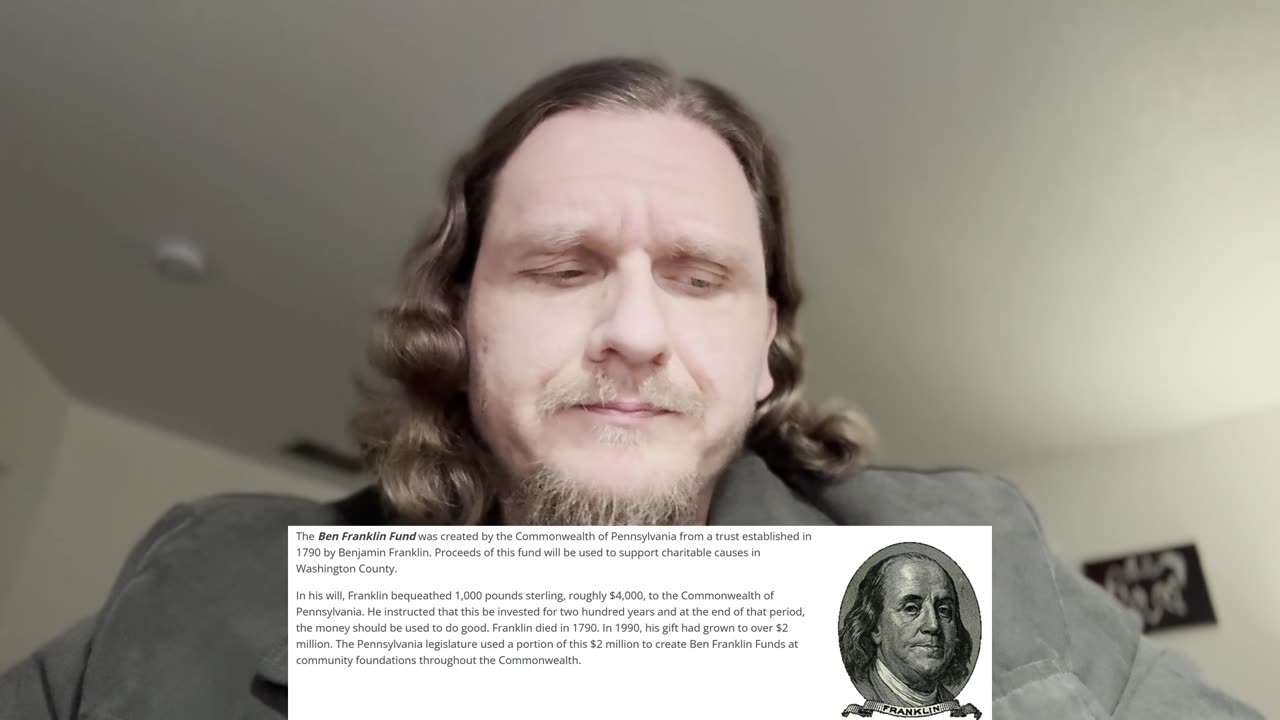
BELIEF AND EVIDENCE
I WROTE A BOOK!!! You can find it at the link below:
I also have an Insta: https://www.instagram.com/ppearson216?igsh=OGQ5ZDc2ODk2ZA==
Here's my X: https://x.com/terr547
I have a certain wisdom you will not find anywhere else (not to be arrogant, but I do). You might want to subscribe and listen!
Day 113 until I'm a YouTube millionaire! BELIEF AND EVIDENCE #philosophy #subscribers #belief
Date: 3/22/25
Person: Payton Pearson
Video type: video essay
Video topic: Belief and evidence
ORIGINAL ESSAY (BEFORE ADDENDUM):
A belief is a lifelong hypothesis for which you are trying to find evidence. It requires, in a sense, a type of cognitive dissonance, where one must hold within their minds oftentimes conflicting information, accepting all theories as potentially possible, but none as of yet having been fully proven to yourself. On the societal level, proof requires evidence. On the individual level, proof is accepting acquired information as evidence. A belief can never be universalized if acquired evidence is not accepted as evidence amongst the entire population vis-a-vis axiom and definition; this is to say, as a result, any individual's belief will always be relegated to the realm of belief, as any attempt at universalization is futile beyond one very important fact: respect of the free will.
If one's belief structure is tolerant, which is to say it respects the free will, it can be integrated into societal norms as one story in human history. Using a lowest common denominator approach, truth will be discovered, and that truth is belief accepted by all.
One way or another, whether free will exists or not (and I "believe" it does), we, in human society, act as if it does. So to us, it does, which means it does. Belief universalized. Evidence is provided, but what are you willing to accept as evidence? The determinist does not accept the evidence provided thus far. The evidence is belief.
-
 1:16:04
1:16:04
Rebel News
4 hours agoHealth-care collapsing, Bloc says Quebec sends Alberta $, US Ambassador's advice | Rebel Roundup
19.5K20 -
 1:44:03
1:44:03
The Shannon Joy Show
4 hours agoThe BEST Of Shannon Joy 2025! Special Thanksgiving Holiday Compilation
25.4K -
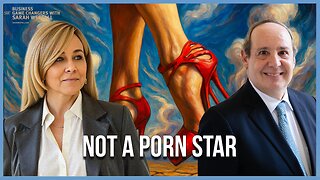 1:07:25
1:07:25
Sarah Westall
20 hours agoSarah Westall is Not a Porn Star – Conversation w/ Stuart Brotman
18.8K12 -
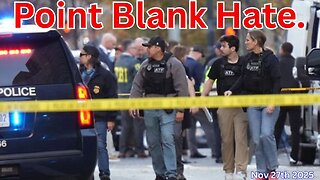 2:59:36
2:59:36
Wendy Bell Radio
11 hours agoPoint Blank Hate
88.8K112 -
 4:56:43
4:56:43
MrR4ger
9 hours agoWARLOCK SOLO SELF FOUND HARDCORE - D4RK AND D4RKER HAPPY TURKEY DAY RUMBLEFAM
24.8K1 -
 1:33:31
1:33:31
Barry Cunningham
17 hours agoBREAKING NEWS: KASH PATEL AND DOJ HOLD PRESS CONFERENCE UPDATE ON NATIONAL GUARD ATTACK
130K76 -
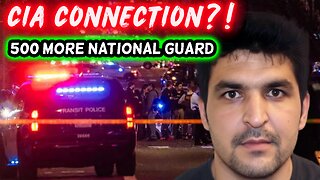 1:22:22
1:22:22
iCkEdMeL
7 hours ago $15.11 earned🔴 BOMBSHELL: DC Shooter Worked With CIA-Backed Unit in Afghanistan, Officials Say
33K29 -
 17:28
17:28
Tactical Advisor
1 day agoComparing the NEW Cloud Defensive EPL
28.4K1 -
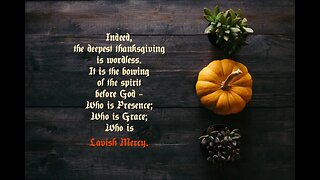 LIVE
LIVE
freecastle
15 hours agoTAKE UP YOUR CROSS- THANKSGIVING MUSIC EXTRAVAGANZA!
18 watching -
 57:54
57:54
A Cigar Hustlers Podcast Every Day
11 hours ago $1.67 earnedCigar Hustlers Podcast Evere Week Day w/Steve Saka
19.1K1